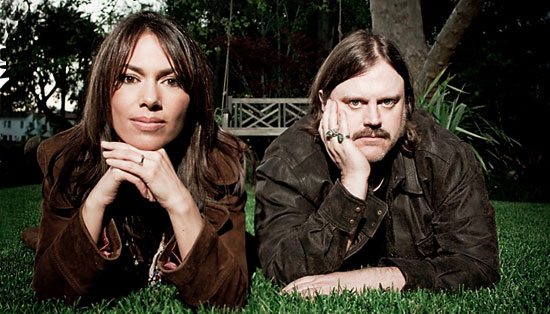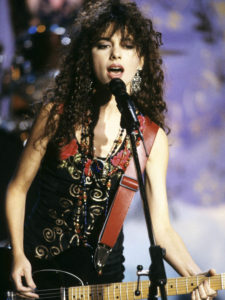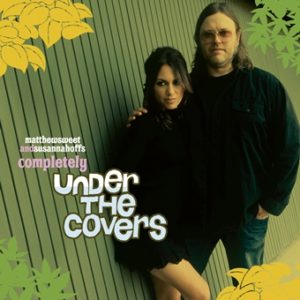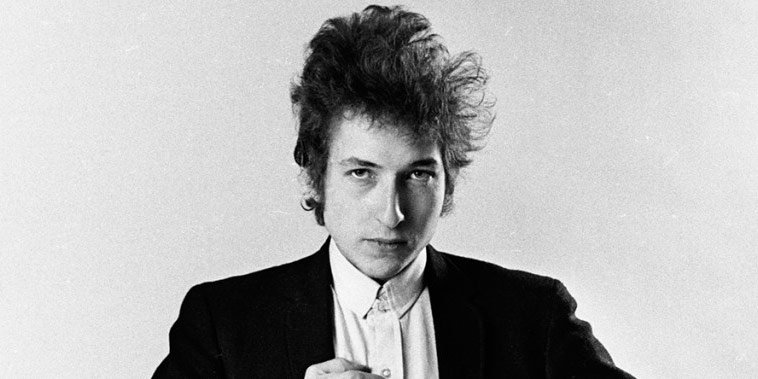
These are Bob Dylan’s liner notes for his 1965 album Bringing it All Back Home. I used this as the opening piece in my book Rock and Roll is Here to Stay. This is my favorite piece of Dylan writing that has not been set to music.
i’m standing there watching the parade/ feeling combination of sleepy john estes. jayne mansfield. humphry bogart/mortimer snerd. murph the surf and so forth/ erotic hitchhiker wearing japanese blanket. gets my attention by asking didn’t he see me at this hootenanny down in puerto vallarta, mexico/i say no you must be mistaken. i happen to be one of the Supremes/then he rips off his blanket an’ suddenly becomes a middle-aged druggist. up for district attorney. he starts screaming at me you’re the one. you’re the one that’s been causing all them riots over in vietnam. immediately turns t’ a bunch of people an’ says if elected, he’ll have me electrocuted publicly on the next fourth of july. i look around an’ all these people he’s talking to are carrying blowtorches/ needless t’ say, i split fast go back t’ thenice quiet country. am standing there writing WHAAT? on my favorite wall when who should pass by in a jet plane but my recording engineer “i’m here t’ pick up you and your latest works of art. do you need any help with anything?”
(pause)
my songs’re written with the kettledrum 0in mind/a touch of any anxious color. unmentionable. obvious. an’ people perhaps like a soft brazilian singer . . . i have given up at making any attempt at perfection/ the fact that the white house is filled with leaders that’ve never been t’ the apollo theather amazes me. why allen ginsberg was not chosen t’ read poetry at the inauguration boggles my mind/if someone thinks norman mailer is more important than hank williams that’s fine. i have no arguments an’ i never drink milk. i would rather model harmonica holders than discuss aztec anthropology/ english literature. or history of the united nations. i accept chaos. I am not sure whether it accepts me. i know there’re some people terrified of the bomb. but there are other people terrified t’ be seen carrying a modern screen magazine. experience teaches that silence terrifies people the most . . . i am convinced that all souls have some superior t’ deal with/like the school system, an invisible circle of which no one can think without consulting someone/in the face of this, responsibility/security, success mean absolutely nothing. . . i would not want t’ be bach. mozart. tolstoy. joe hill. gertrude stein or james dean/they are all dead. the Great books’ve been written. the Great sayings have all been said/I am about t’ sketch You a picture of what goes on around here sometimes. though I don’t understand too well myself what’s really happening. i do know that we’re all gonna die someday an’ that no death has ever stopped the world. my poems are written in a rhythm of unpoetic distortion/ divided by pierced ears. false eyelashes/subtracted by people constantly torturing each other. with a melodic purring line of descriptive hollowness — seen at times through dark sunglasses an’ other forms of psychic explosion. a song is anything that can walk by itself/i am called a songwriter. a poem is a naked person . . . some
people say that i am a poet
(end of pause)
an’ so i answer my recording engineer “yes. well i could use some help in getting this wall in the plane”


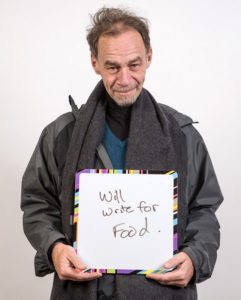 The first time they said, ‘Here comes the professor,’ I turned around looking for him, then realized, oh, that was me. I asked them to call me David. I did not feel a huge generational divide. I was not parenting or patronizing them. As long as they didn’t call me professor.
The first time they said, ‘Here comes the professor,’ I turned around looking for him, then realized, oh, that was me. I asked them to call me David. I did not feel a huge generational divide. I was not parenting or patronizing them. As long as they didn’t call me professor.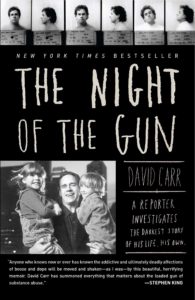
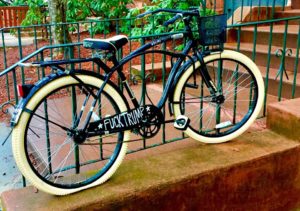
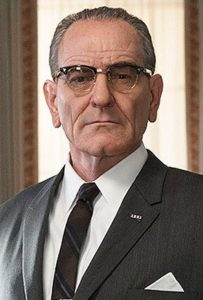

 father, yet still not fit that classic definition of ‘hero.’
father, yet still not fit that classic definition of ‘hero.’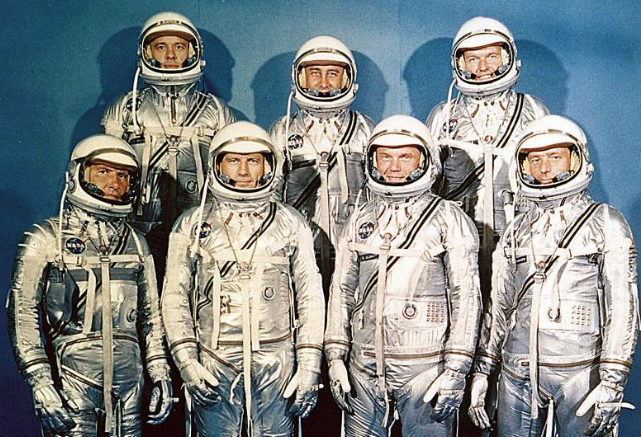
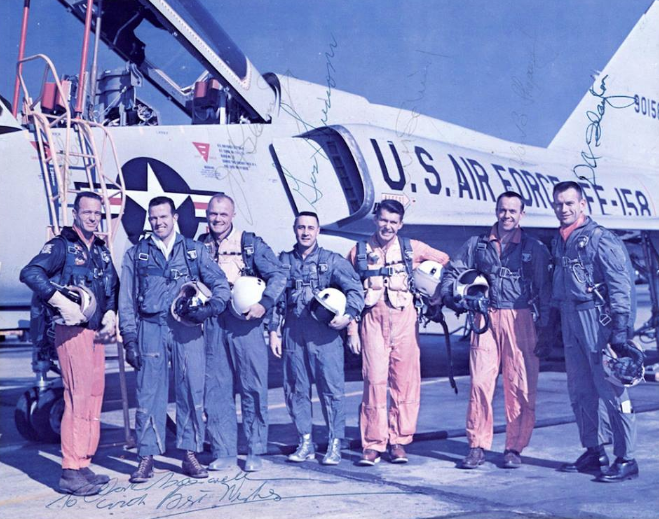
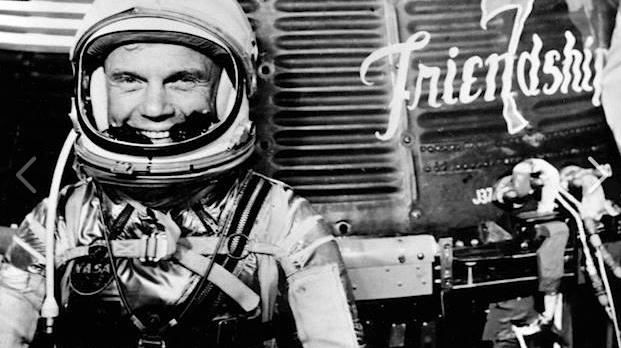
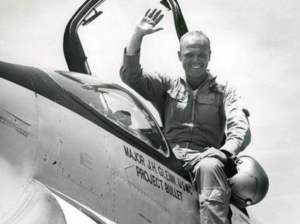


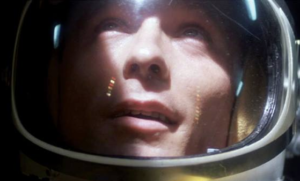
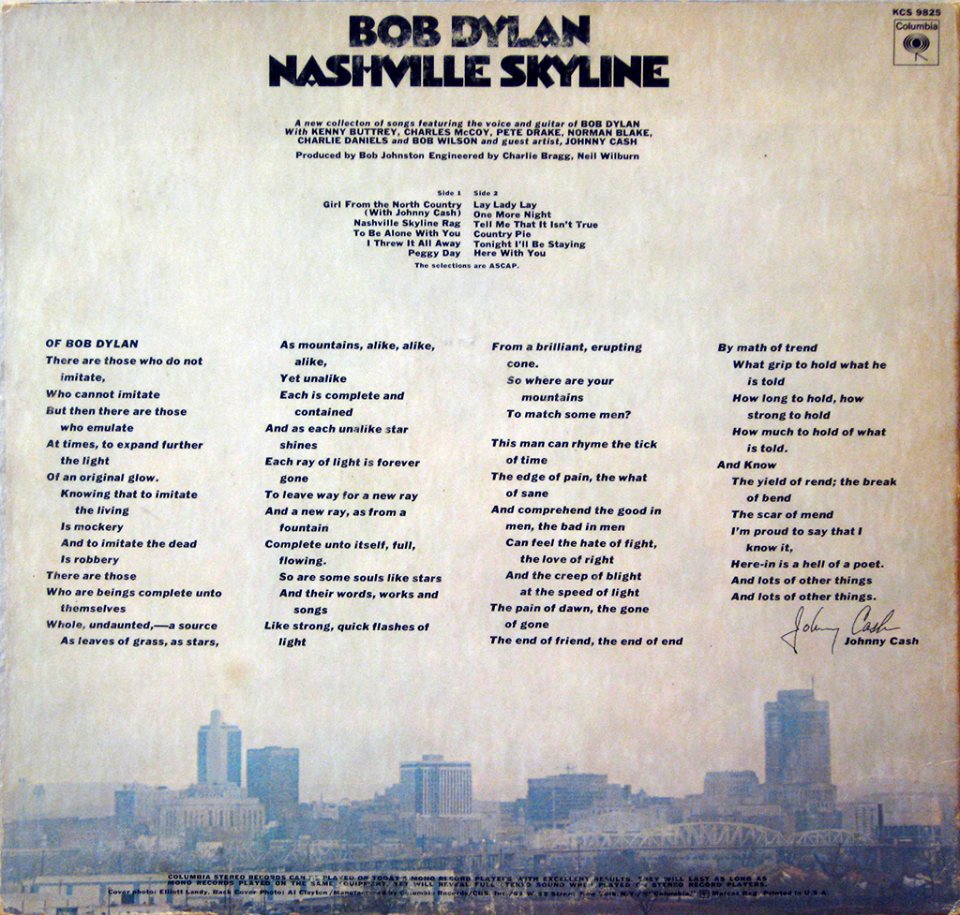
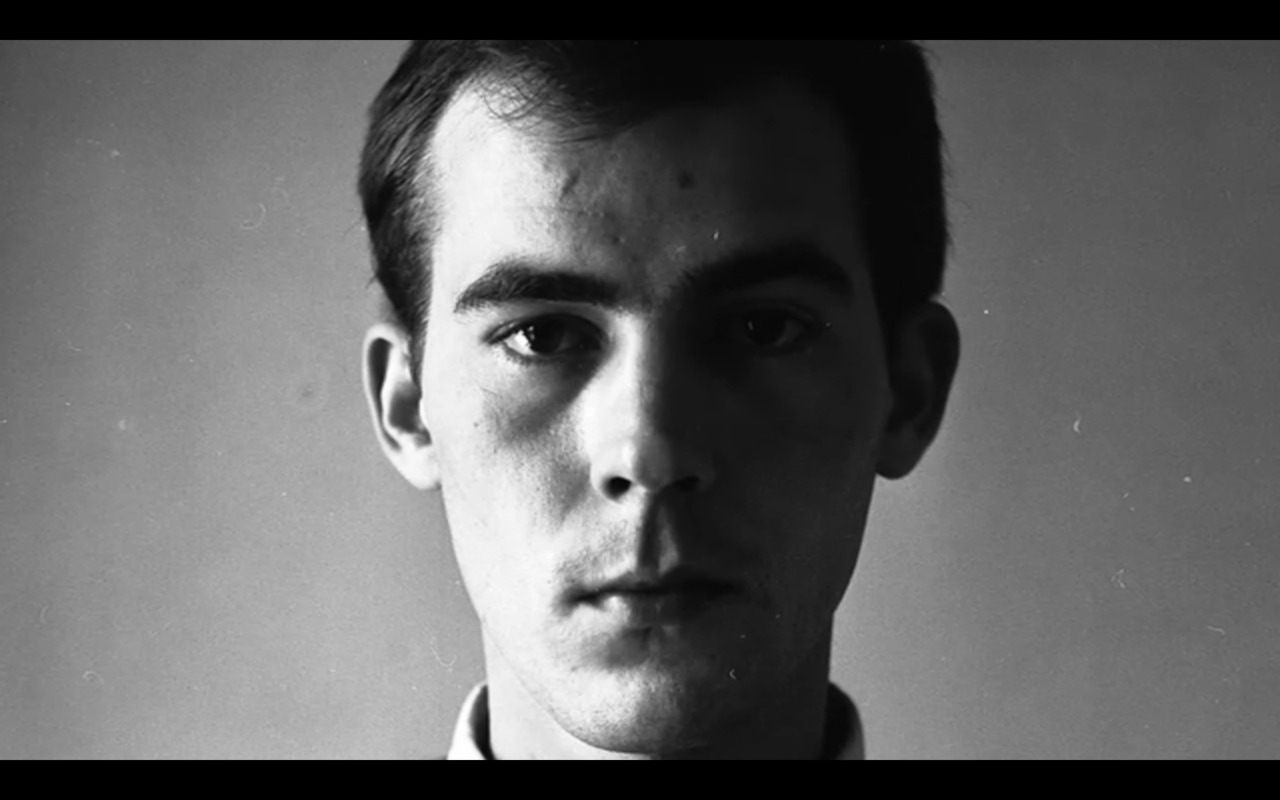
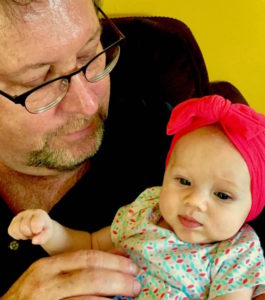

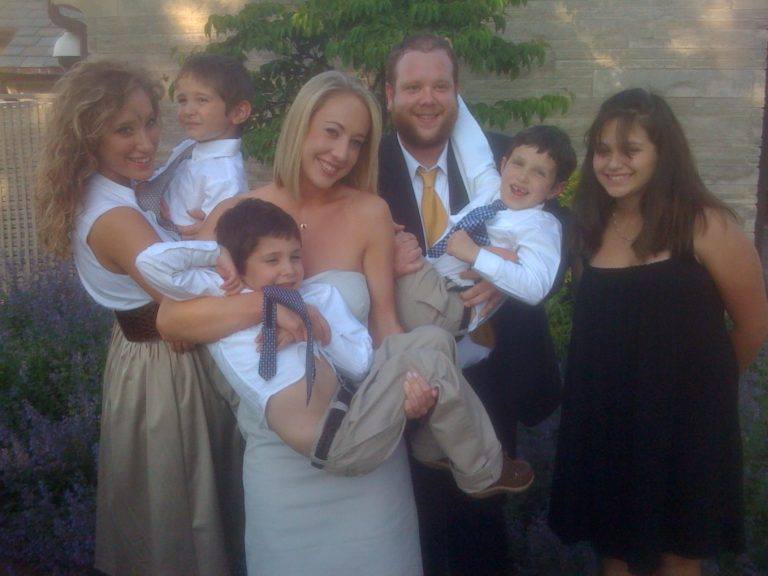
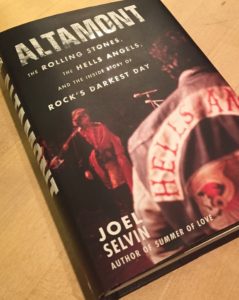 So this — a brief word of praise for Altamont by Joel Selvin.
So this — a brief word of praise for Altamont by Joel Selvin.